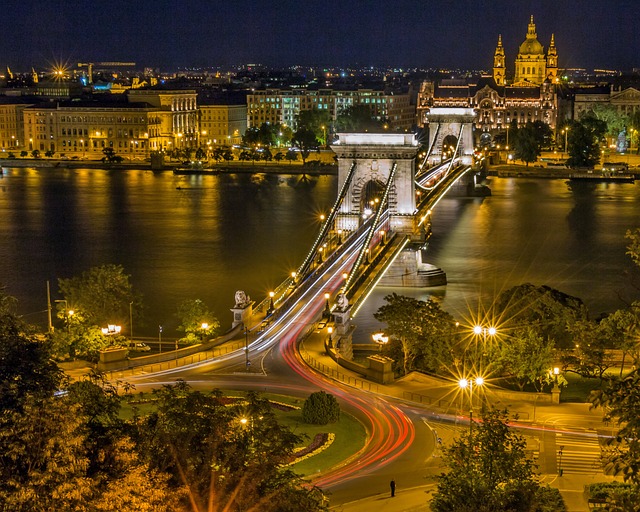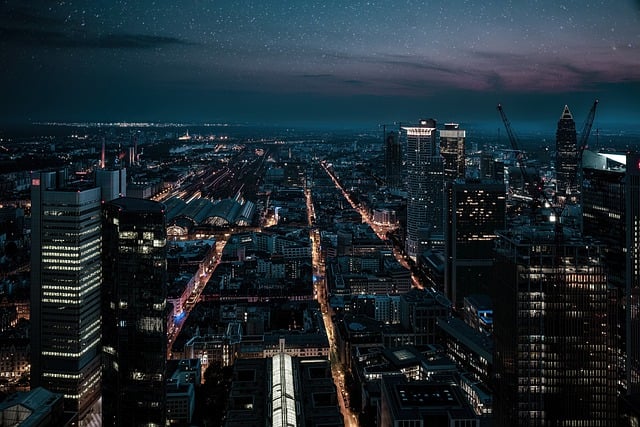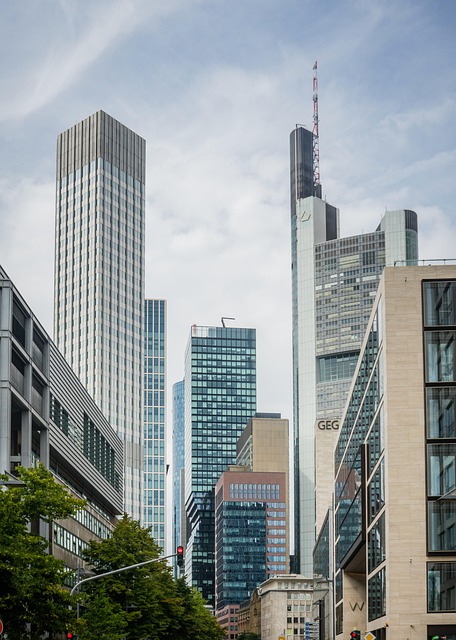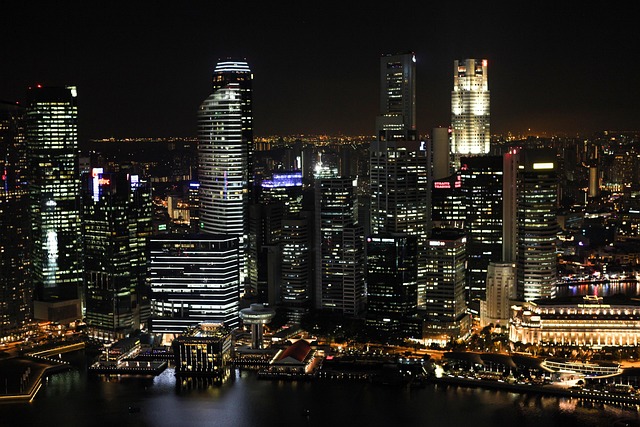Karachi, Pakistan boasts a vibrant religious landscape defined by numerous mosques scattered across diverse neighborhoods, many located near the Northern Bypass—a major thoroughfare that acts as the city's "ring road." These mosques serve as community hubs, blending spiritual solace with architectural beauty ranging from Mughal-inspired to modern. The Northern Bypass, a 27km arterial road, connects key locations like the Port of Karachi and Malir while hosting communal prayers, events, and festivals that foster unity among Karachi's diverse population. While improving accessibility, the bypass also presents challenges like noise pollution for nearby mosques, highlighting the need to balance infrastructure with tranquility around places of worship as Karachi urbanizes.
Karachi’s Northern Bypass, a strategic artery, not only connects key areas but also passes through a vibrant tapestry of mosques that serve as pulsating community centers. This article explores the unique relationship between the bypass and these religious landmarks. We delve into the historical and cultural significance of mosques along this route, showcasing their architectural diversity from traditional to modern designs. Furthermore, we examine their evolving roles in community engagement, highlighting recent developments and their impact on Karachi’s diverse population.
- Location and Accessibility of Mosques Along Northern Bypass, Karachi
- – Overview of the Northern Bypass route in Karachi
- – How the bypass impacts local mosque locations and attendance
- Historical and Cultural Significance of Mosques Near Northern Bypass
Location and Accessibility of Mosques Along Northern Bypass, Karachi
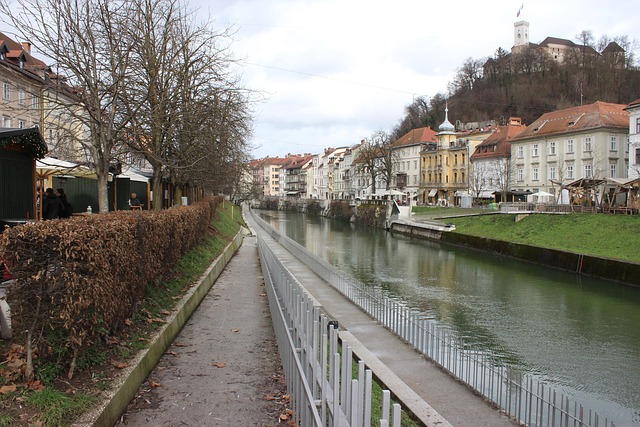
Karachi, Pakistan’s bustling metropolis, is home to a vibrant religious landscape, including numerous mosques scattered across its diverse neighborhoods. The Northern Bypass, a major thoroughfare, passes through several areas with a significant Muslim population, making it notable for the concentration of mosques along its route. These places of worship are easily accessible, serving as community hubs and offering spiritual solace to locals.
The proximity of mosques to the Northern Bypass provides convenience for faithful individuals who seek regular prayer times and services. Many of these mosques boast beautiful architecture, from traditional Mughal-inspired designs to modern structures, reflecting the rich cultural heritage of Karachi. Their location along major roads facilitates ease of navigation, inviting folks from all walks of life to gather and participate in communal prayers, events, and festivals, fostering a sense of unity within the diverse Karachi community.
– Overview of the Northern Bypass route in Karachi
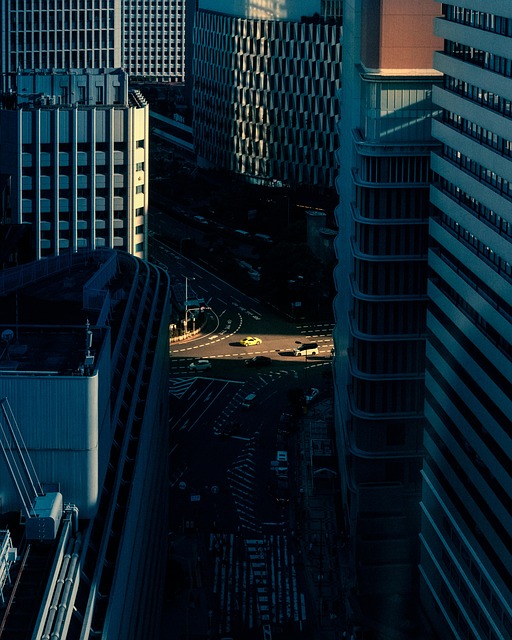
The Northern Bypass, a strategic arterial road in Karachi, serves as a vital link connecting different parts of the city. This 27-kilometer route, often referred to as the “Karachi Ring Road,” bypasses the heavily congested northern areas, offering a smoother travel experience for commuters. The highway starts from the Superhighway and stretches all the way to the city’s western outskirts, providing easy access to key locations like the Port of Karachi, Malir, and various industrial zones.
For those seeking spiritual guidance or a peaceful break during their commute, several mosques line this scenic route. These houses of worship not only cater to the local community but also attract visitors from across Karachi, showcasing the rich cultural tapestry of the city. The proximity of these mosques to the Northern Bypass adds a serene touch to what is often a bustling urban journey.
– How the bypass impacts local mosque locations and attendance
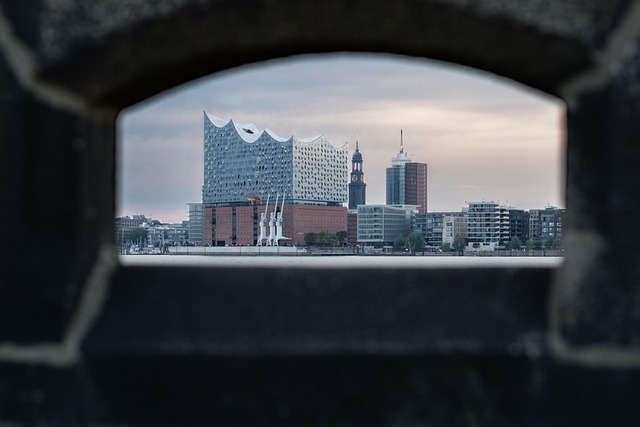
The construction of the Northern Bypass in Karachi has significantly influenced the religious landscape, particularly for local mosques. This new road infrastructure has altered the accessibility and visibility of these places of worship, leading to changes in attendance patterns. For instance, several mosques that were once nestled along quieter streets or in residential areas have seen increased footfall as the bypass draws in a more diverse range of visitors from across the city. The improved connectivity may encourage more individuals to participate in Friday prayers or regular congregational services, fostering a sense of community and spiritual engagement among the local population.
However, this development also presents challenges. Some mosques located closer to the bypass might experience noise pollution due to increased traffic, potentially disrupting the serene atmosphere essential for religious practices. Additionally, as Karachi continues to expand and urbanize, the balance between accommodating infrastructure projects like the Northern Bypass and preserving the tranquility of places of worship becomes increasingly critical for maintaining a harmonious city environment.
Historical and Cultural Significance of Mosques Near Northern Bypass
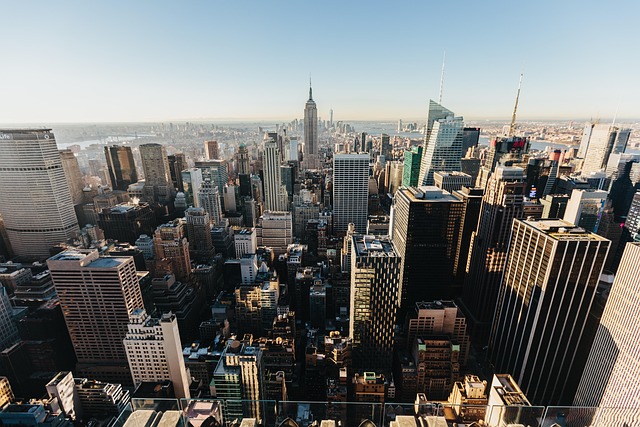
The mosques near Northern Bypass in Karachi are more than just places of worship; they are cultural landmarks that reflect the rich history and diverse fabric of the city. Karachi, known as the financial hub of Pakistan, has a vibrant Muslim community with a deep-rooted tradition of architectural excellence. These mosques have stood the test of time, serving as spiritual guides for generations and contributing to the city’s unique identity.
Each mosque boasts intricate designs and historical narratives, reflecting the various eras of Karachi’s past. From the grand structures that showcase Persian and Ottoman influences to the more modern interpretations, these places of prayer are a testament to the evolving cultural landscape of the metropolis. They not only cater to the spiritual needs of the community but also serve as social hubs where people gather, fostering a sense of belonging and unity among diverse segments of society.
The Northern Bypass in Karachi has significantly influenced the accessibility and cultural landscape of mosques along its route. As a result, these mosques not only serve as spiritual centers but also hold historical value for the diverse communities they cater to. Understanding this relationship highlights the integral role that religious spaces play in shaping urban environments, especially in vibrant cities like Karachi.
